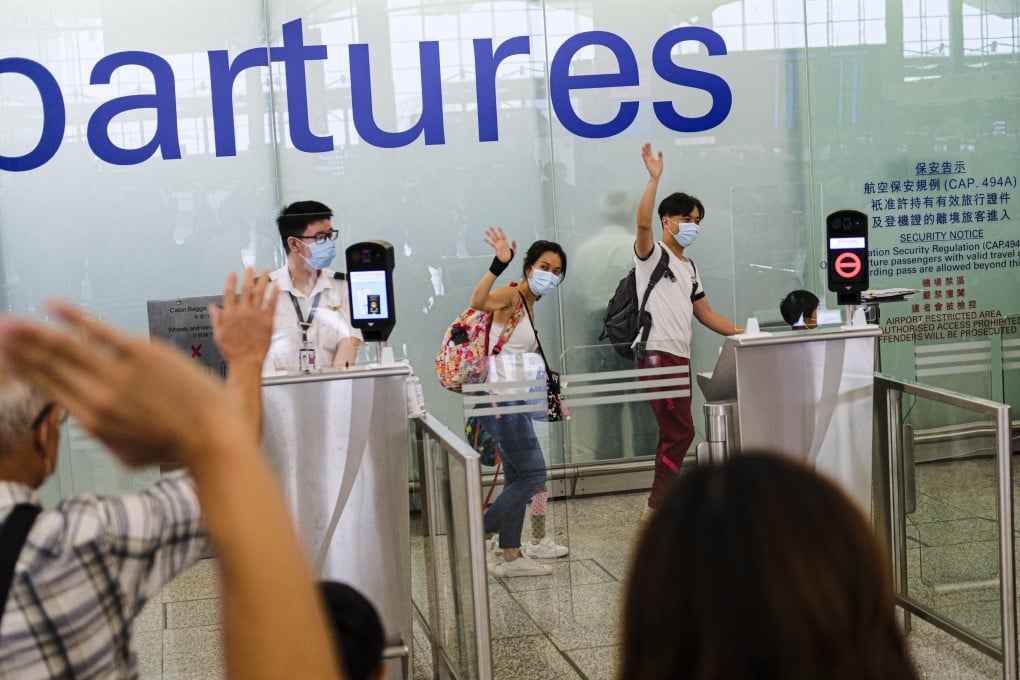Advertisement
Concrete Analysis | Paying cash for your UK home? Beware of some unintended consequences
- Buying UK property in cash may lead to unintended consequences down the road, including sell-on, refinancing and tax implications
- Cash-based purchases, when refinanced, will be capped at 75 per cent of the home prices with restrictions on uses of funds
Reading Time:3 minutes
Why you can trust SCMP
2

Since the UK government decided to grant residency rights to nearly three million eligible Hongkongers, many of the city’s residents have been hunting for properties all over the country.
Last year, about 30 per cent of homes around the Greater London area were sold to international investors. Buyers from Hong Kong alone bought 8 per cent of prime central London homes, or four times more than a year earlier.
The number hit a record, making Hongkongers the joint second biggest buyer group in that area with those from the Middle East, according to broker Hamptons International. Only EU citizens have bought more.
Advertisement
Departing Hongkongers may leave their birthplace for a new lease of life with as much as HK$150 billion (US$19.3 billion) from selling their local homes, Bloomberg Intelligence estimated. A substantial portion of the money could end up in the UK, one of the most sought-after destinations by the city’s emigrants.

06:15
BN(O) passport holders flee Hong Kong for new life in the UK, fearing Beijing’s tightening control
BN(O) passport holders flee Hong Kong for new life in the UK, fearing Beijing’s tightening control
Hongkongers seeking to make their new homes in the UK would invest a lot of time researching good neighbourhoods, schools networks and so on, before making the final purchases. It seems nothing could stop these deep-pocketed newcomers, not even an extra 2 per cent tax on foreign buyers, that kicked in from April.
Advertisement
Advertisement
Select Voice
Choose your listening speed
Get through articles 2x faster
1.25x
250 WPM
Slow
Average
Fast
1.25x
